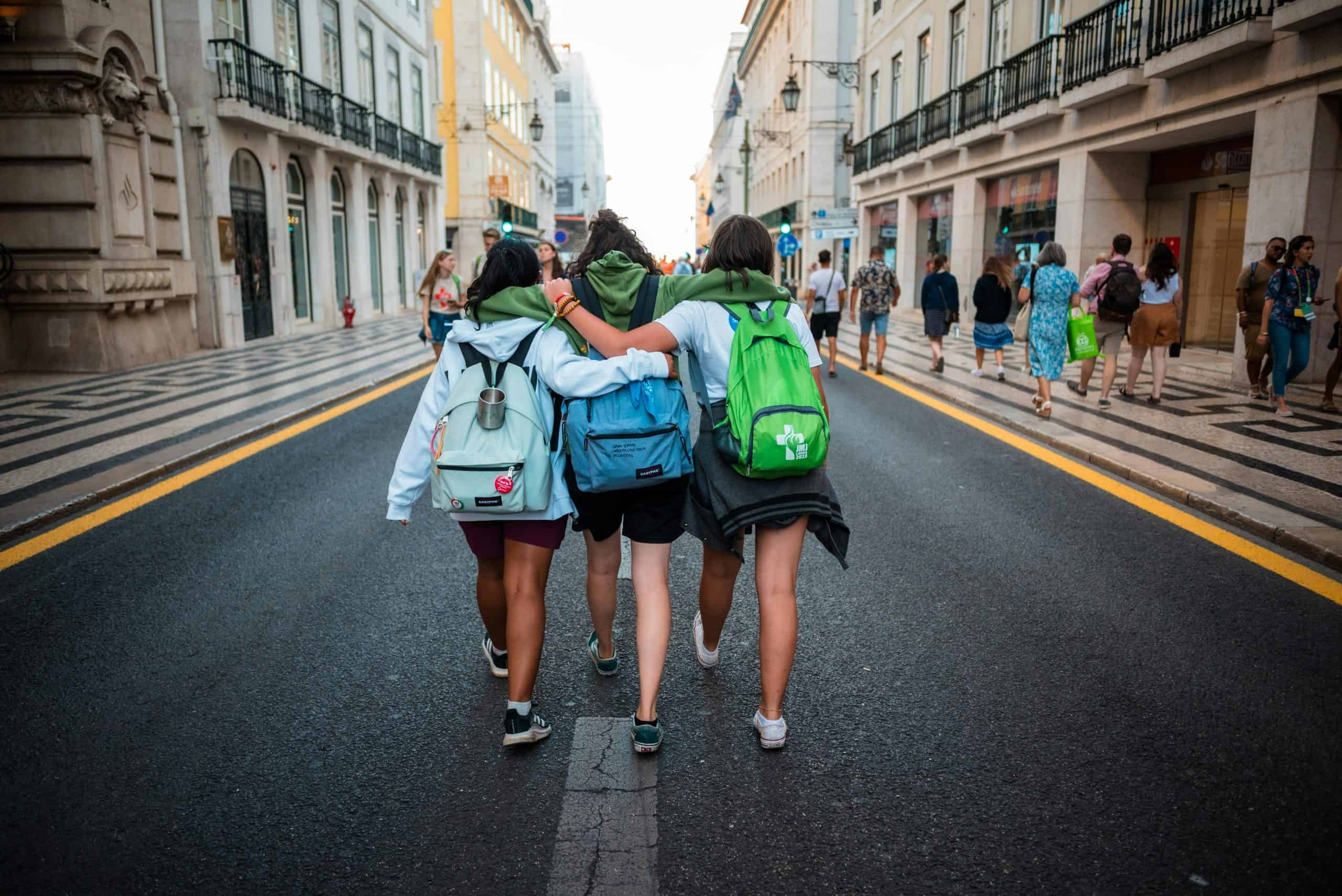Rolling Suitcase Ban in Europe Coming Soon? Here’s What You Need to Know, Plus 5 Alternatives to Use Instead
Recent headlines have stirred concern among travelers about a potential rolling suitcase ban in Europe. While the idea of banning wheeled luggage has gained attention, especially in historic cities like Venice and Dubrovnik, there is currently no official ban across Europe. Instead, some local governments are exploring ways to reduce noise and protect fragile infrastructure, leading to confusion and speculation. This article clarifies what’s happening, where travelers should be mindful, and what alternatives can help ease the journey.
What’s the Story Behind the Rolling Suitcase Ban?
The term “rolling suitcase ban” originated from proposed regulations in cities like Venice, where officials considered limiting noisy hard-shell wheeled luggage in historic zones. The goal was to reduce wear on cobblestone streets and minimize disruption in residential areas. However, these proposals were either misunderstood or never formally enacted. No European Union-wide ban exists, and most cities have not implemented strict enforcement.
Where Should Travelers Be Cautious?

While travelers are free to use wheeled luggage throughout Europe, certain cities may discourage or restrict its use in specific areas:
- Venice, Italy: Rumors of a ban circulated in 2014, but officials clarified that no law was passed. Still, travelers are encouraged to use quieter luggage in residential zones.
- Dubrovnik, Croatia: While a promotional video sparked rumors of a ban, city officials have confirmed that no formal ban or fines are in place. The video was part of an awareness campaign encouraging visitors to carry luggage rather than roll it through the historic center.
- Florence and Barcelona: Discussions around tourism impact continue, but no formal restrictions on rolling suitcases have been enacted.
In general, historic districts with narrow alleys and stone pavements may request travelers to be considerate, especially during early morning or late-night hours.
Why the Concern Over Wheeled Luggage?
The rolling suitcase debate stems from two main concerns:
- Noise Pollution: Hard-shell suitcases with plastic wheels can be loud on uneven surfaces, disturbing residents.
- Infrastructure Preservation: Cobblestone streets and historic walkways are vulnerable to wear from constant rolling traffic.
Rather than enforcing bans, cities are leaning toward public awareness campaigns and traveler education to encourage respectful tourism.
What Are the Best Alternatives?

Travelers can stay ahead of potential restrictions and enjoy smoother travel by choosing alternative luggage options:
- Soft-sided Backpacks: Lightweight and quiet, ideal for short stays and walking tours.
- Duffel Bags: Easy to carry and less disruptive in residential zones.
- Hybrid Bags: Convertible models that switch between wheels and straps.
- Rubber-Wheeled Suitcases: Quieter and less damaging to surfaces.
- Luggage Delivery Services: Available in some cities, offering direct transport to accommodations.
These options not only help avoid potential issues but also make navigating historic areas more comfortable.
Final Thoughts
While the rolling suitcase ban isn’t a reality across Europe, the conversation highlights a growing awareness of sustainable and respectful travel. Choosing quieter, more adaptable luggage is a simple way to support local communities and preserve the charm of historic destinations. With a little planning and flexibility, travelers can enjoy their European adventures without stress—and with a deeper appreciation for the places they visit.





